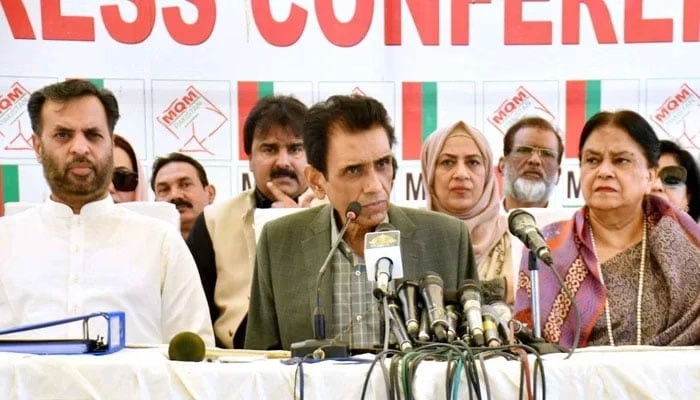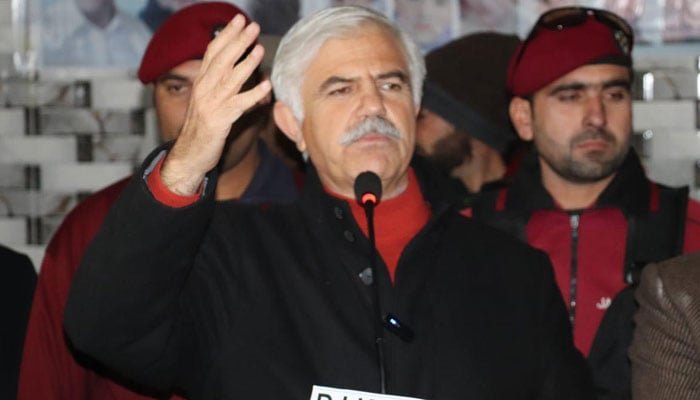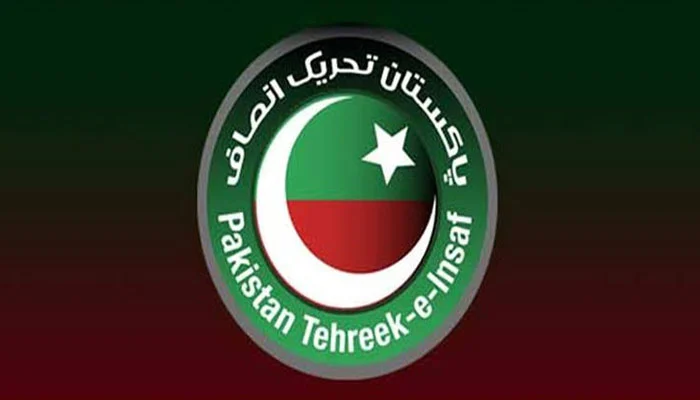The Muttahida Qaumi Movement-Pakistan (MQM-P) has convened a crucial meeting of its Coordination Committee to discuss the possibility of joining the opposition benches in the National Assembly. This move comes after months of dissatisfaction with the Shehbaz Sharif-led government, which, according to MQM-P leaders, has failed to honor its promises to the party.
MQM-P’s Growing Frustration with the Government
Speaking to the media at Parliament, MQM-P leader Aminul Haq revealed that the party leadership is contemplating whether to sit as an independent entity or formally align with the opposition.
We wanted Shehbaz Sharif to become the Prime Minister, but the promises made to MQM-P were never fulfilled,Aminul Haq stated.
One of the main grievances stems from unmet commitments regarding development packages for Sindh, particularly Karachi and Hyderabad. The MQM-P had backed PML-N and Shehbaz Sharif’s government with the expectation that the Karachi and Hyderabad uplift projects would receive due attention. However, as per Aminul Haq, not a single promise has materialized in the past one and a half years.
Karachi & Hyderabad Packages: A Broken Promise?
The MQM-P’s demands primarily revolve around development funds and administrative improvements in urban Sindh. The party has been vocal about the need for better infrastructure, employment opportunities, and municipal autonomy for Karachi and Hyderabad.
Despite repeated assurances, Aminul Haq stated that there has been no visible progress on these projects. He accused the PML-N-led federal government of sidelining MQM-P and failing to take its concerns seriously.
The federal government’s attitude towards MQM-P is far from encouraging. The Karachi and Hyderabad packages have seen no progress, he said.
A Shift to Opposition Benches?
With mounting dissatisfaction, MQM-P now faces a major political crossroads. The Coordination Committee meeting will decide whether the party should:
Sit as an independent group in Parliament.
Align itself with the opposition.
Completely withdraw support from the federal government.
Given MQM-P’s history of strategic political alliances, this potential shift to the opposition benches could have significant implications for the ruling coalition. The party has long been a key player in Pakistan’s political landscape, particularly in Sindh’s urban areas.
Political Ramifications of MQM-P’s Move
If MQM-P decides to withdraw support from the government, it could lead to:
Weakened support for the ruling coalition in the National Assembly.
Stronger opposition alliances, potentially reshaping parliamentary dynamics.
Increased political instability, especially in Sindh.
This decision could also open doors for new alliances with opposition parties such as Pakistan Tehreek-e-Insaf (PTI) or the Grand Democratic Alliance (GDA). However, MQM-P has historically been cautious about aligning with PTI due to past conflicts over urban Sindh governance issues.
Will the Government Act Before It’s Too Late?
With MQM-P on the verge of joining the opposition, the federal government now faces increased pressure to re-engage with the party and fulfill its promises. If PML-N and its allies wish to retain MQM-P’s support, they may need to:
Revisit the Karachi and Hyderabad development packages.
Ensure administrative and financial autonomy for local governments in Sindh.
Hold negotiations with MQM-P leadership to address their concerns.
However, given the slow pace of development projects and strained political ties, MQM-P’s trust in the government appears to be fading. The next few days will be critical in determining whether MQM-P remains part of the government or takes a bold step towards the opposition.
A Game-Changer in Pakistani Politics?
MQM-P’s potential departure from the ruling coalition could mark a turning point in Pakistan’s political landscape. While the party’s grievances are long-standing, its decision to join the opposition benches could reshape parliamentary alignments and intensify the challenges for the Shehbaz Sharif-led government.
With urban Sindh’s development at stake, the MQM-P’s move will not only impact its own political future but could also set the stage for new power struggles in the National Assembly.



